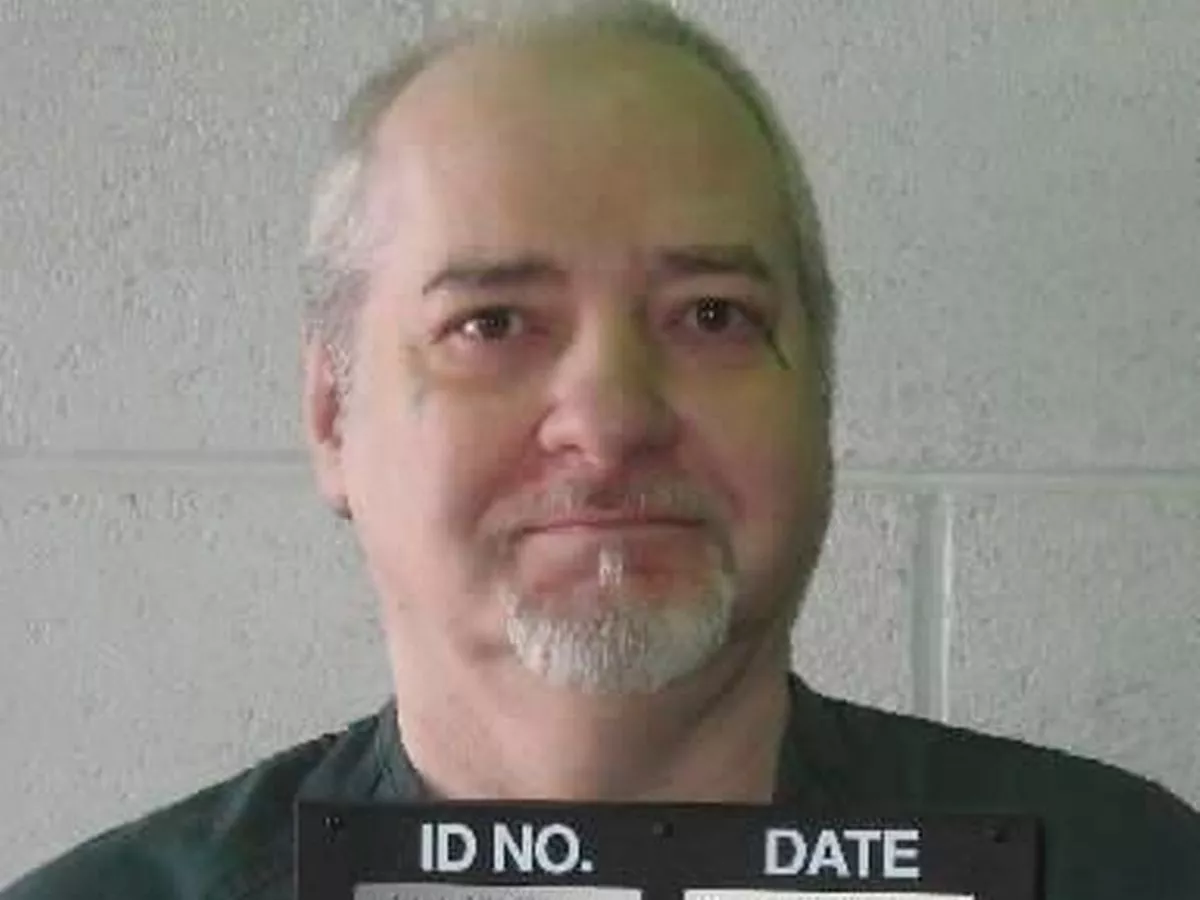Copyright mirror

A death row inmate has spoken about the traumatic experience of being led to his death, only for his execution to fail. Thomas Creech has been imprisoned in Idaho for nearly 50 years, having been convicted of five murders in three states. In February, he was wheeled into an execution chamber where, for nearly an hour, medical workers struggled to insert the IV line needed to pump a deadly drug into his bloodstream. They began with his arms, then his hands, and finally his legs. But all attempts to get a suitable vein failed and the execution was called off. In an interview with the New York Times in 2024, Creech described what it was like to endure the continual needle jabs, knowing that any of them — if successful — would kill him in minutes. "The worst ones was when they got down to my ankles," the 73-year-old said. "I was thinking the whole time that this is really it. I’m dead. This is my day to die." Creech revealed that on the night before the execution, he ate a last meal of chicken, mashed potatoes, and gravy from the prison kitchen, and met with his lawyers, wife and stepson to say goodbye. Creech has spent decades on death row, where he met his current wife, LeAnn Creech, who is the mother of a prison guard. The couple married in 1998. The next morning, he prayed with a spiritual adviser and then was strapped to a board inside his cell in the death row unit known as F Block. The board was placed on a cart, which was then rolled into the execution chamber at Idaho Maximum Security Institution, where part of his body was covered with a sheet. Mr. Creech recalled looking at his wife through the glass, and trying to tell her that he was sorry before the execution team started with his right arm but failed to find a usable vein. They moved on to his right hand, his left hand and then his ankles. In total, the team spent about 42 minutes trying to insert an IV line before the execution was called off just before 11am, according to Creech's lawyers. Director of Idaho's prison system, Josh Tewalt, said at a news conference afterwards that prison officials had done the right thing by stopping the execution. "We, from the very beginning, try to be very candid and upfront that this isn't a do-it-at-any-cost process," he said. "Our first objective is to carry this out with dignity, professionalism and respect. And part of that was training and practicing for the chance that they were unable to establish IV access." According to the Times, Creech, who is considered a serial killer, is one of the longest-serving death row prisoners in the country. He has offered varying accounts about his crimes. At one point, he testified that he had killed as many as 42 people, some of them on behalf of a motorcycle gang or as part of a Satanic religious ritual. Later, however, he revoked his claims and said he had been put up to them by a fame-seeking lawyer. In last year's interview, he said he believed he had killed seven people while in the throes of drug abuse. He also claimed that his victims had all been involved in a gang-rape of his former wife, who later died by suicide. Legally, Creech has been convicted of five murders, including the fatal beating of a fellow prisoner, David Jensen, in 1981, for which he was sentenced to death. His lawyers asked a judge to nullify his death sentence, arguing that it would be unconstitutional to execute him after already subjecting him to one botched attempt, asserting that doing so would be both "cruel and unusual" and constitute double jeopardy. Another warrant for his death has since been issued pending a stay of execution for appeal. In the last five years, there have been at least nine botched executions in five states, most of them involving execution team members failing to access a vein, according to the Death Penalty Information Center. In at least one case, executioners were only able to access a prisoner's vein and complete the execution by cutting into the prisoner's arm. In others, the executions were abandoned. Experts have said execution team members may struggle to find a suitable vein because of a lack of experience or because of factors like a prisoner's age, weight, health and previous drug use. Many states have also had difficulty acquiring lethal drugs necessary for executions. Earlier this year, Alabama executed a man using nitrogen gas — a first in the United States — although that, too, led to claims that the prisoner suffered.



